HSE master’s programme alumni and an HSE doctoral student received an international Catalyst Grant from Digital Science in support of the development of their startup, MLprior, a service for researchers and scientists. HSE News Service spoke with Vladislav Ishimtsev, one of the startup creators, about the biggest ‘thorns’ in researchers’ sides, artificial intelligence, and the possibility of a machine uprising.
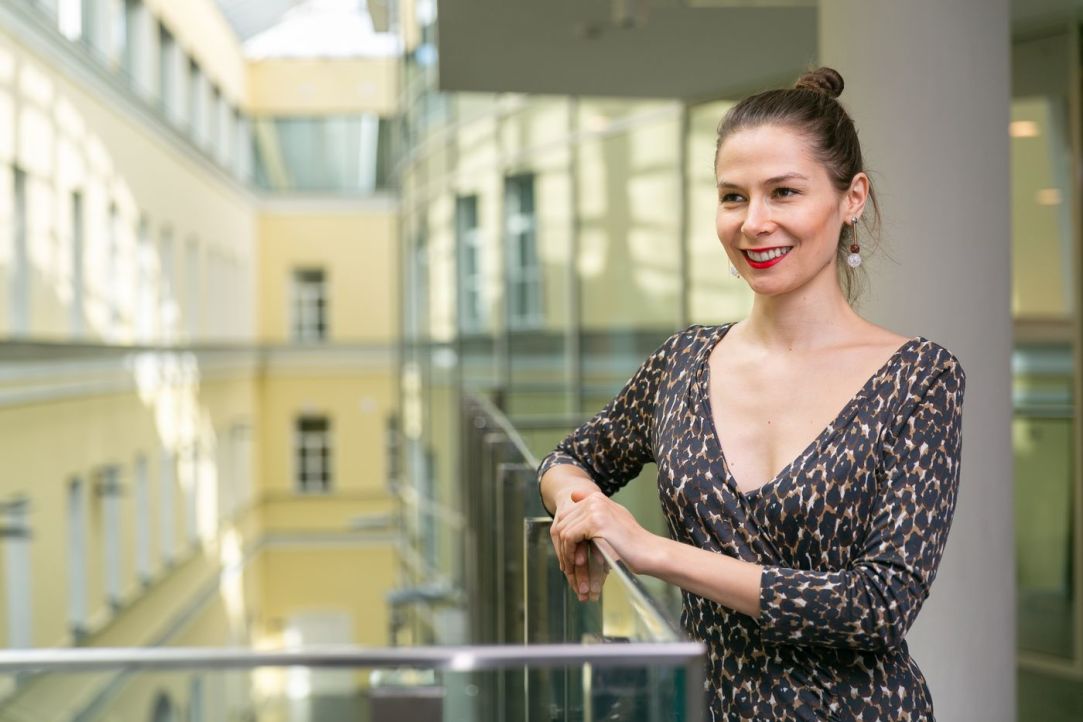

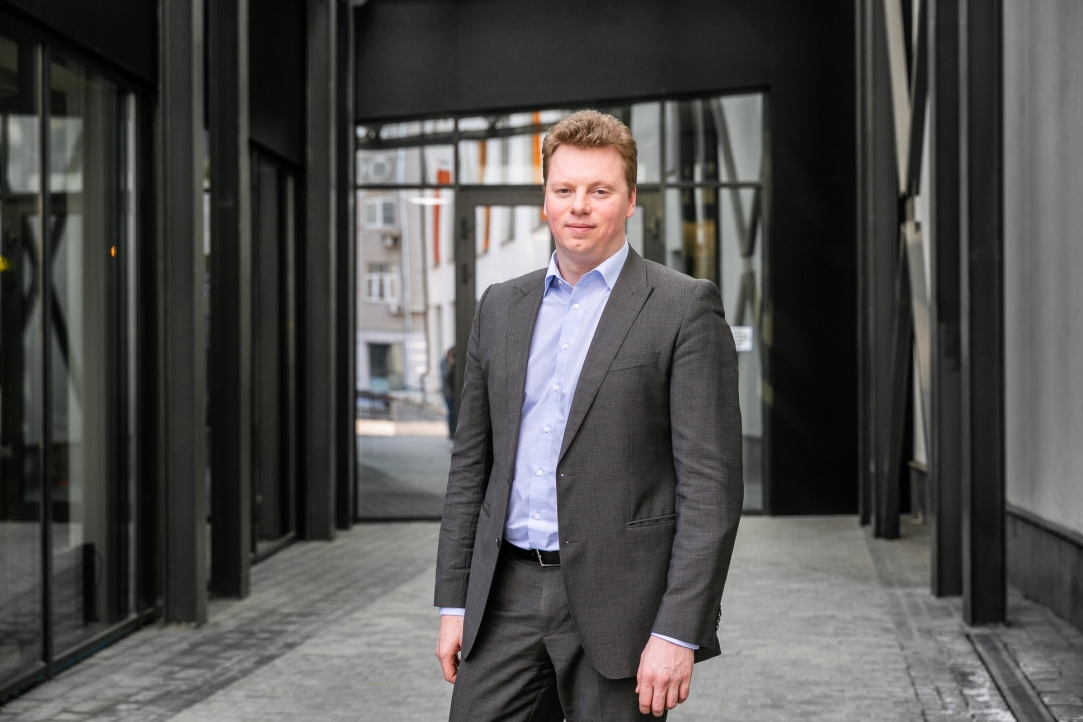
.jpg)
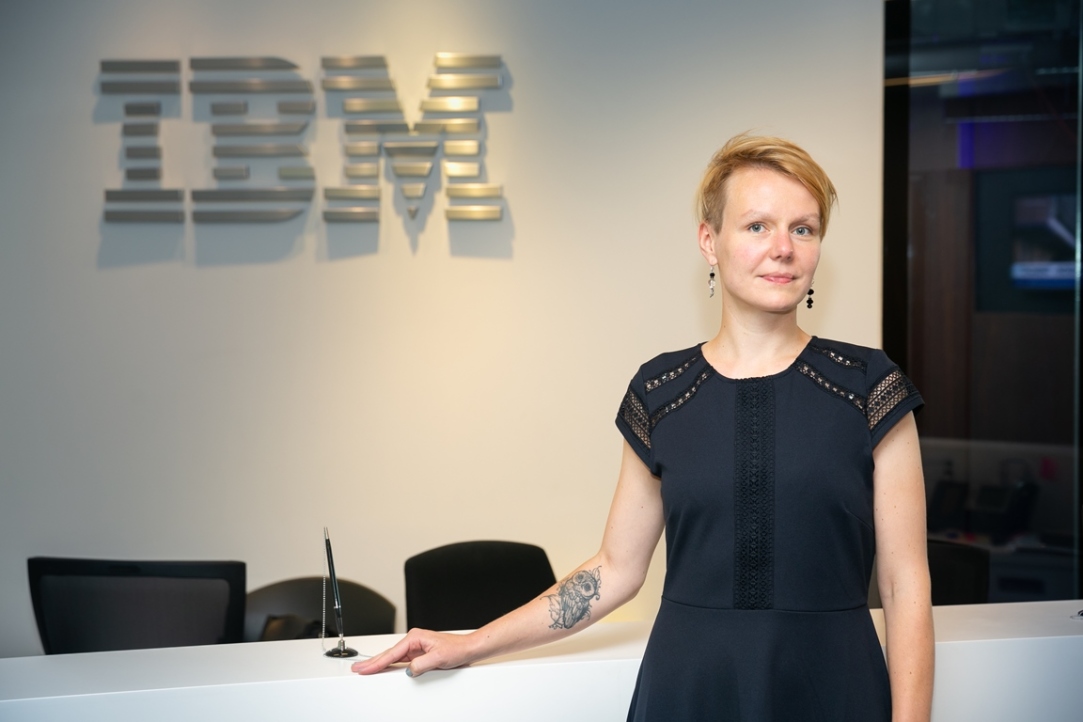
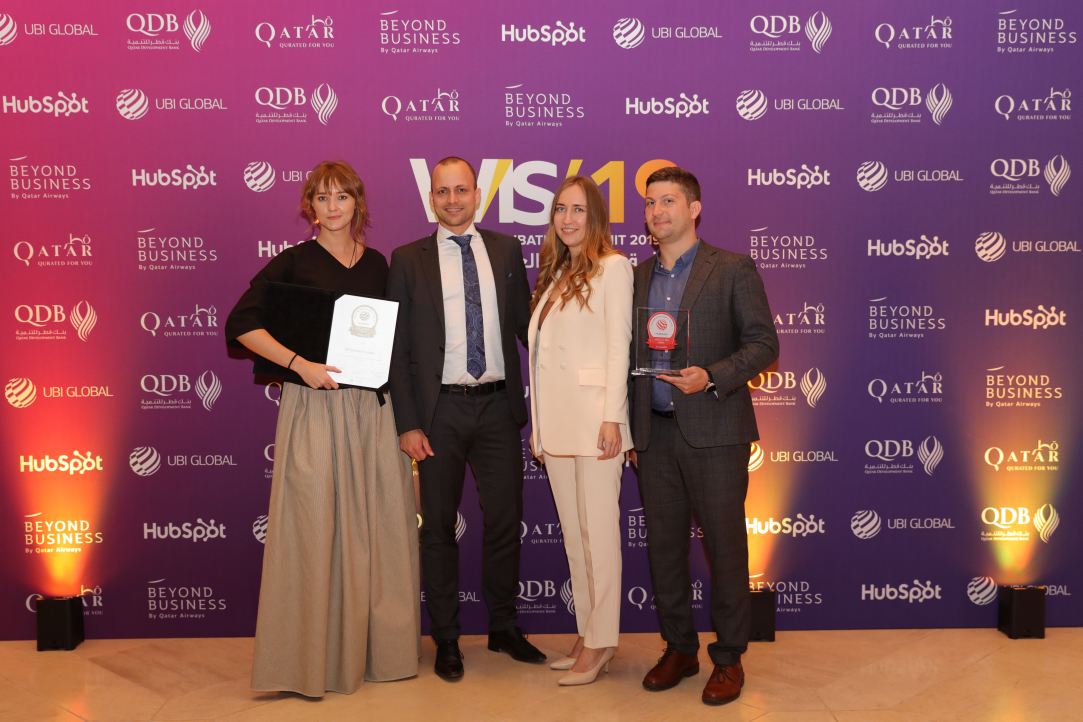
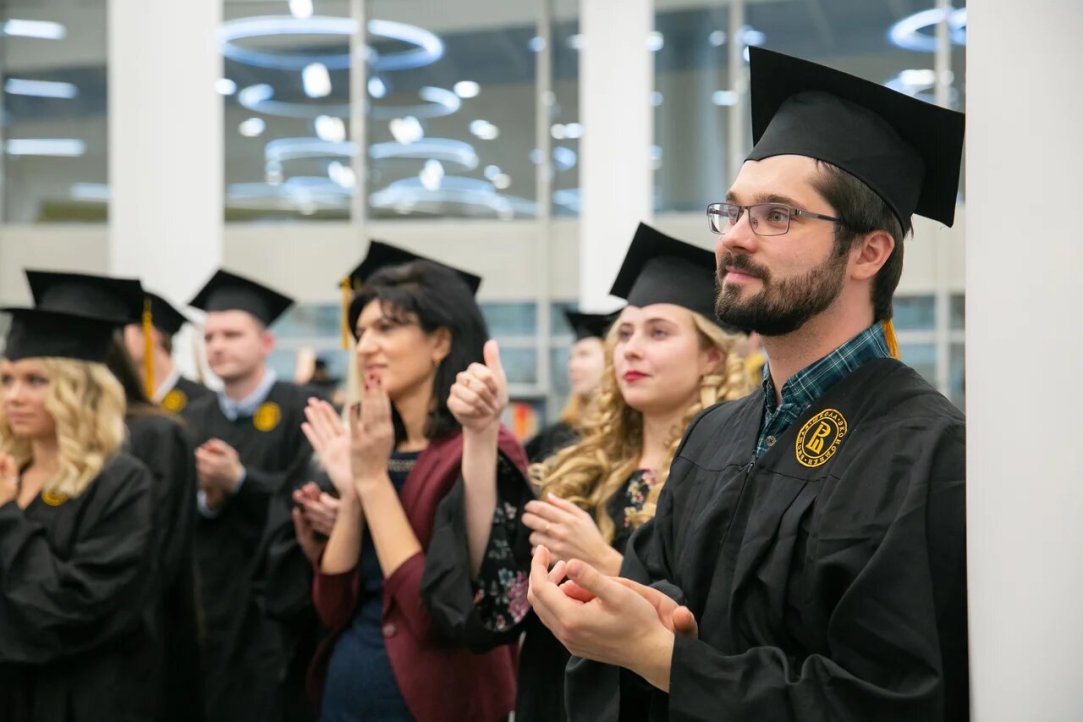
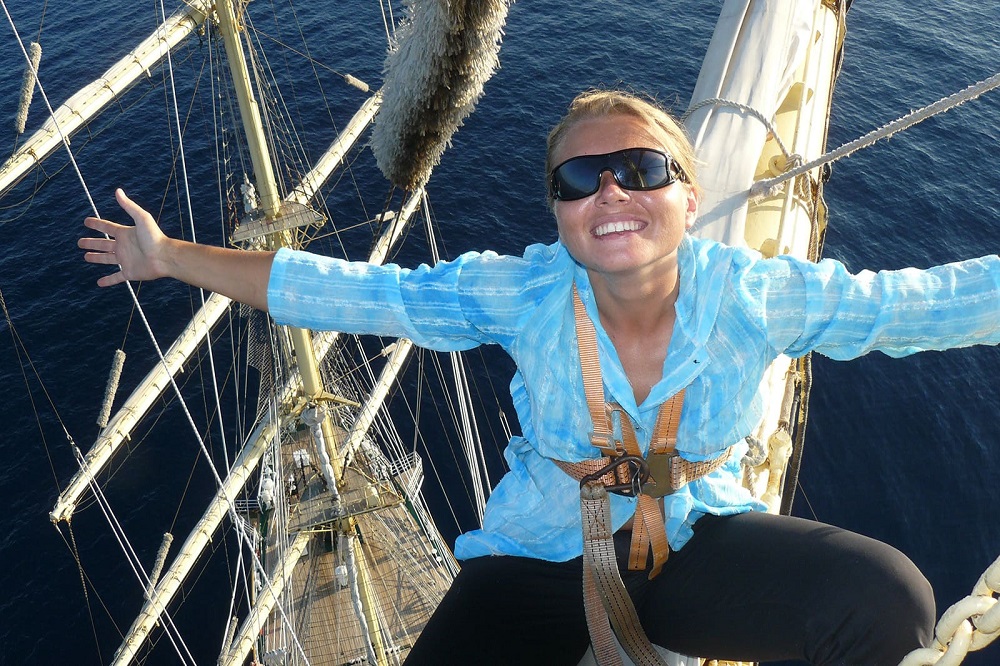




.jpg)





